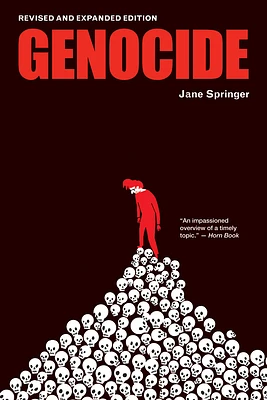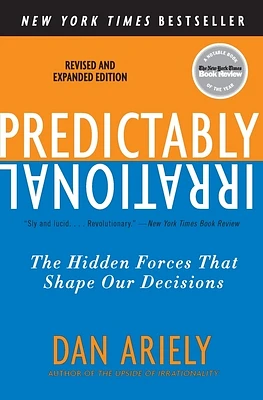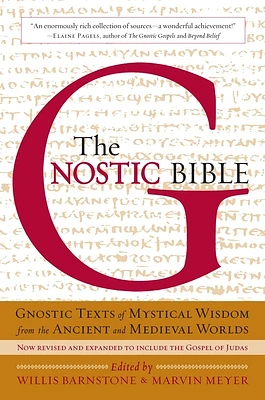Home
Genocide: Revised and Expanded Edition
Loading Inventory...
Barnes and Noble
Genocide: Revised and Expanded Edition
Current price: $14.99


Barnes and Noble
Genocide: Revised and Expanded Edition
Current price: $14.99
Loading Inventory...
Size: Paperback
*Product Information may vary - to confirm product availability, pricing, and additional information please contact Barnes and Noble
What is genocide? Why does it happen? What can be done to prevent it from happening again?
At the end of the Second World War, with the establishment of the United Nations, the holding of the Nuremberg Trials and the adoption of the Genocide Convention, the international community assured itself that genocide would never happen again. But never again has become a meaningless phrase.
This book asks why. It also asks, what is genocide? Where has it happened in the past? Who is being threatened by genocide today? And what can we do to prevent this terrible crime from recurring?
Providing an overview of the history of genocide worldwide, this revised, expanded edition helps readers answer these questions. It brings them up to date with recent events—the killing of the Rohingya in Myanmar, the persecution of the Uyghurs in China, the broader recognition of the genocide of Indigenous Peoples, the resurgence of fighting in Darfur, and the wars in Ukraine and the Middle East. It examines and elucidates the debates and controversies surrounding the use of the term genocide as well as the reasons for the common response by individuals, governments and the United Nations — denial.
Key Text Features
annotated resources
chapters
definitions
explanation
facts
further information
further reading
headings
historical context
illustrations
index
map
sidebars
table of contents
timeline
At the end of the Second World War, with the establishment of the United Nations, the holding of the Nuremberg Trials and the adoption of the Genocide Convention, the international community assured itself that genocide would never happen again. But never again has become a meaningless phrase.
This book asks why. It also asks, what is genocide? Where has it happened in the past? Who is being threatened by genocide today? And what can we do to prevent this terrible crime from recurring?
Providing an overview of the history of genocide worldwide, this revised, expanded edition helps readers answer these questions. It brings them up to date with recent events—the killing of the Rohingya in Myanmar, the persecution of the Uyghurs in China, the broader recognition of the genocide of Indigenous Peoples, the resurgence of fighting in Darfur, and the wars in Ukraine and the Middle East. It examines and elucidates the debates and controversies surrounding the use of the term genocide as well as the reasons for the common response by individuals, governments and the United Nations — denial.
Key Text Features
annotated resources
chapters
definitions
explanation
facts
further information
further reading
headings
historical context
illustrations
index
map
sidebars
table of contents
timeline

















